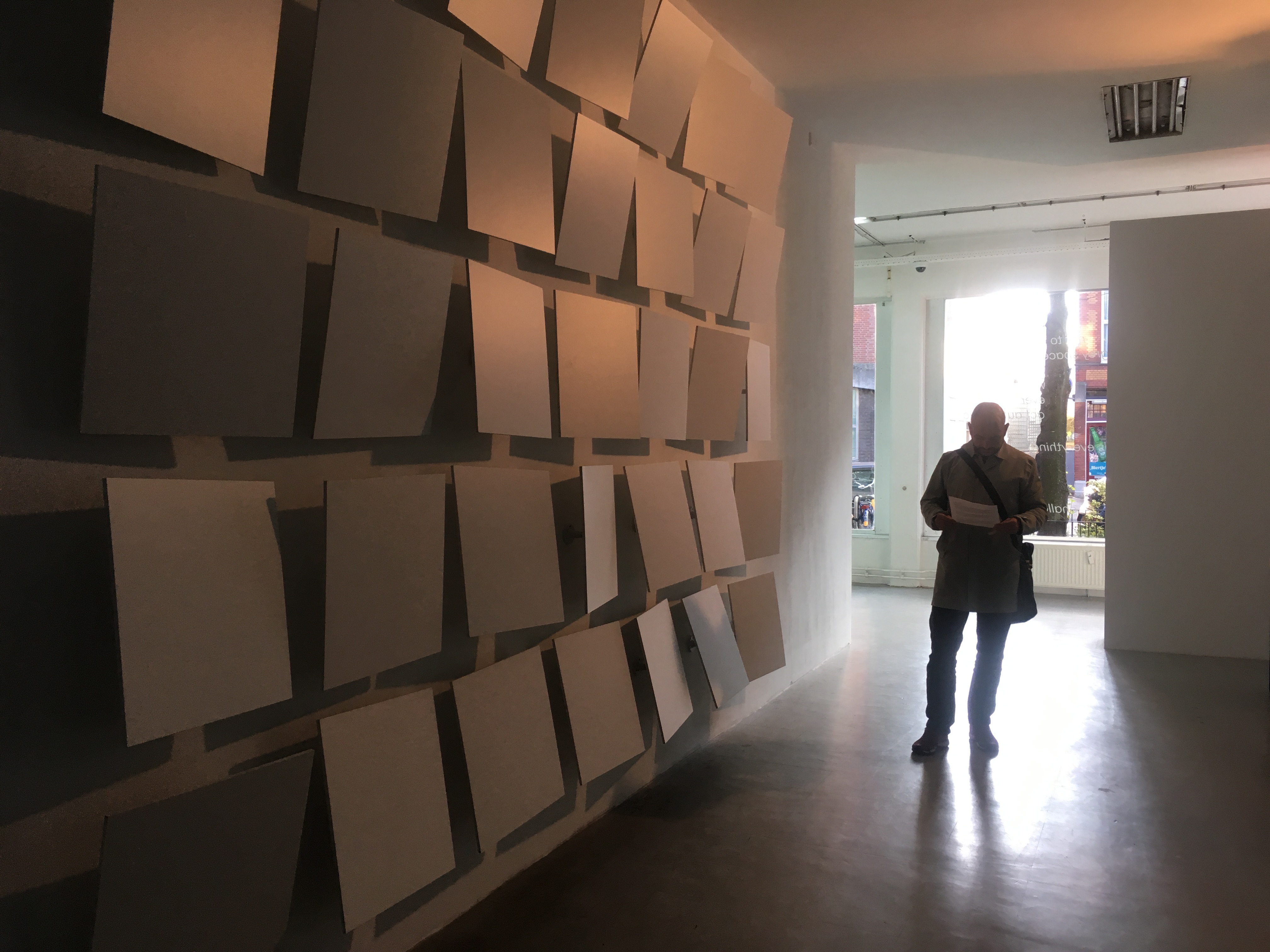
Martijn is a writer and researcher focusing on the relation between digital media and urban culture. He gives lecture of Play and Civic Media at the Amsterdam University. He also coined the term “Urban Media” in his book “The City as Interface”.
Urban Media: a collective term describes media that influence the experience of a physical location
Text messages that allows us to make last minutes changes of meet-ups; navigation systems that helps us to find the best route; social media that enables us to be constantly updated with what our “friends” are doing and thinking. These are all examples of Urban Media.
Technology at present is a covert philosophy or overt magic
Martijn had an interesting reflection on Bill Gate’s column in Microsoft’s publication for its 25th anniversary, when Bill Gates wrote “It was an opportunity to make computers personal and empower people through the magic of software.” Martijn then reflected technology as an almost inescapable magical power that will improve urban society. But for those who do not believe in the magic, this picture mainly raise a lot of questions. He wrote:
this is not necessarily a magical process that simply happens to us. As a community – regardless of our role as designers, citizens, policy makers, or consumers – we can make choices about the way we want to deploy technologies. These choices are, in turn, related to the way we think a city should function as a community: ideology rather than magic is one of the central forces behind the way in which technology changes our lives.
In his observation, existing urban media unveil insights of urban ideals. And it is important to discover those ideals concealed in technologies, as well as their significance.

Urban media are more than only technologies
I was lucky that I had a chance to meet Martijn in person, during the Todays Art Festival this year in Den Haag. We sat at opposite sides of an outdoor table after a panel talk about Next Democracy. Martijn and I took out our notebooks and simply sketched along the conversation. I had this circular diagrams that describes how digital transformation will accelerate the relationship and interaction between society and government; while he explained his diagram that separated the stakeholders from two to three, and depicted the internal partners and action flow in more detail, out of his experience.
The three key stakeholders in his diagram were: individuals, collectives, and democratic institutions. Collectives are various sizes of groups that represent a certain purpose. Often times, they take actions of lobbying and communication to the system worker, and in turn, the system provides feedback with law, regulation or subsidies. The pressing challenges we see about collectives were the inability to produce a working value model, or business model that supports their daily functioning. Also, the entire system requires skills and time from creative minds such as integration designer, engagement manager, researcher, story teller, law and legislation specialist, etc.
Achieving vision of the city with a bigger mass of citizens
His notion of collectives has a strong influence not only to us, but also to Fumiko Ichikawa, the founder of Re:public Inc. Her company is based in Fukuoka while thinking globally. Re:public set up a fieldwork research trip to Copenhagen and Amsterdam this summer. Among many other insightful people they interviewed, Martijn was one of the highlights.
“His notion of collective is something that we’ve been talking greatly since the meeting, too. The most important element in that collective is that it is not the middle ground made by the individuals. Both sides have intentions to create that middle ground particularly during the process of planning… Martijn explained what we practice in theory. Don’t just put one interest group. Mix them. Provoke them for discussions to one another. The result is a bigger mass of people agreeing with the vision of the city. And an opportunity for the government to do things well.”, Fumiko explained.
In PDIS, we have revolved around individuals than collectives. While I think it also makes sense for us to do so, since we are crafting a system for direct democracy, it’s still important to value the power of collectives. To achieve the agreed vision of the city, even a country, it is of great importance to consider: Who are aware of whether their time and effort being invested in the right places? What are the media we could put together to facilitate this ever changing system? Who will facilitate those media? and, what are the possible futures we are offering?
